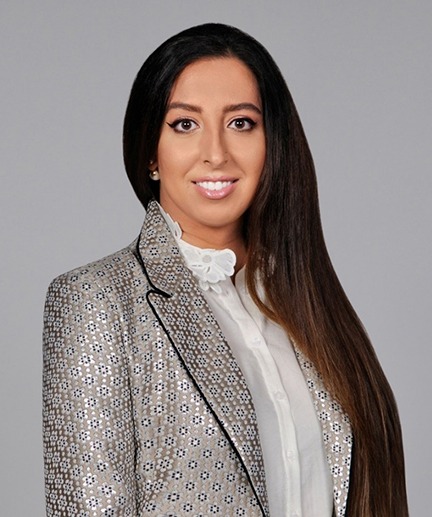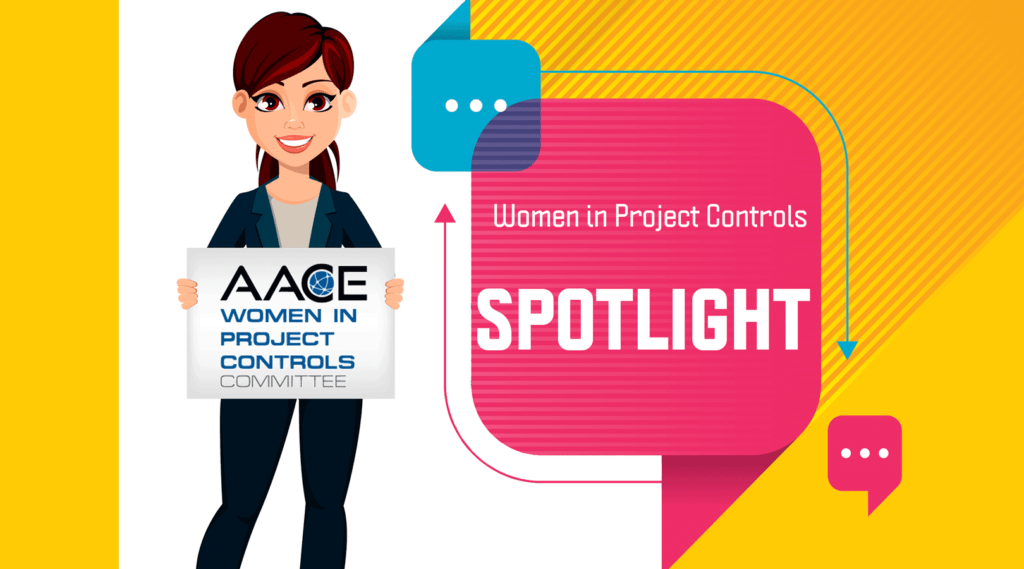Spotlight on Seyran Celik

Seyran was raised in West Virginia, where her family still resides. “Yes, it certainly wasn’t the easiest two puzzle pieces to put together” she commented about being a bi-cultural Turkish American. Her father, Dr. Ismail Celik, a longtime teaching and research professor at West Virginia University, instilled the value of logic and problem solving from a very young age. While her mother, Perihan Celik, author and lifelong educator instilled the love for the arts and social sciences. “I like to think that I received the best of both worlds from each of them, and having this constant duality in my life has enabled me to become a professional capable of multiple perspectives and methods in my work.”
Seyran graduated with honors as one of two females of her class in the Civil and Environmental Engineering Program at West Virginia University. She had always been fascinated by natural disasters, and having abandoned her childhood dream of becoming a storm chaser, she went on to earn her Master of Science degree in Geotechnical Engineering (with an emphasis on earthquakes) at Virginia Tech.
As a recent graduate she worked for a number of years in Washington, DC, as a geotechnical engineer for Schnabel Engineering. “I hadn’t realized it at the time, but those first years of post-graduate work are just as formative to your professional career in much the same way your childhood is to the person you become.” She absorbed as much as she could, while gaining opportunity and access to work on some of the most high-profile locations in the nation. Most notably, Seyran has been involved with DC Water and Sewer Authority’s $300 million Combined Overflow Upgrade, DC’s $950 million City Center, ICC/ MD200, a $2.6 billion dollar Maryland transportation project, as well as, “practically every military base within a 50 mile radius of Washington DC.” Her area of expertise quickly took hold in the design of shallow and deep foundations and she managed projects from inception to closeout gaining valuable writing, investigation, analytical and field experience. “One minute I sat in meetings with stakeholders, and another minute I was in a test pit gathering soil samples.” She confidently states that without even realizing it, she had become exposed to all the elements of project controls. “My team championed me every step of the way, placing what seemed like an inordinate amount of responsibility and trust in me to manage all resources from the onset. So, in addition to doing the engineering design, I learned how to budget a job, write a proposal, revise a contract, implement a schedule, manage a team, minimize risk, and capitalize quality every step of the way.”
In her quest for adventure, Seyran moved to Australia where she found a calling in construction expert advisory and dispute resolution and joined Hill International as a construction claims professional in Brisbane. “The minute I realized that projects fall into financial and schedule duress before they even break ground, I knew I had found something interesting. She educated herself on Primavera, Critical Path Method scheduling, construction contracts and claims under the tutelage of world-renowned delay and quantum experts in international arbitrations. She gained valuable experience working as a forensic schedule delay analyst and claims professional on multi-billion-dollar oil and gas, transportation and power projects. “The key to assessing criticality of a delay in a meaningful way is understanding the interrelationships among various design, procurement, construction and commissioning activities. For that, you have to have a sound understanding of construction sequence,” she says. I especially enjoyed analyzing delay to completion of a shale oil power plant in Estonia. Other projects of note with which she was involved include Chevron’s $54 billion AUD Gorgon Liquefied Natural Gas Project, Chevron’s $28 billion AUD Wheatstone Liquefied Natural Gas project, and the project Seyran guarantees started it all, Raine Square, a $330 million AUD commercial highrise in Perth.
The decision to transition from Australia back to the United States was bittersweet, but she was eager to build on her niche geotechnical and delay expertise, as well as her relevance in international arbitration. Miami was quickly gaining popularity as an arbitral seat and she continued developing her skills at FTI Consulting’s Miami Florida office, adding petrochemical, mining, and industrial sector experience to her resume. It was here that she first learned of AACE and worked with her FTI colleagues to resuscitate the AACE Greater Miami Section.
Seyran is currently a director with HKA, a global construction advisory and commercial damages firm housing what she believes to be unparalleled quality and expertise, and is responsible for HKA’s Miami office. “I have always bloomed best under technical acumen,” she says about her colleagues at HKA. Working within the global company footprint, she continues to excel in the areas of delay and disruption analysis and calculation of related cost damages. “As a geotech, a differing site conditions claim will always be interesting to me. The idea that my design experience allows me to accurately assess unforeseen ground conditions and technically analyze excavation or dewatering adequacy is what excites me most.” Additionally, under some of the most prolific global experts, Seyran has taken an unbridled interest in the power industry and looks forward to increasing her involvement as many parts of the world’s power infrastructure is nearing the end of its lifecycle.
Seyran currently serves on the Board of Directors of AACE Greater Miami Section and works with her committees to organize technical programs in which the construction, engineering and legal professions collide. She also chairs the HKA Americas Equality, Diversity, and Inclusion Committee, which emphasizes the importance of creating and maintaining a diverse, aware, and empowered workforce in an otherwise white, male-dominated industry. She is also a member of the Miami International Arbitration Society (MIAS) and Arbitral Women.
You will undoubtedly find her traveling to conferences, building relationships with construction lawyers, and enthusiastically attending professional events. “Above all, I’ve always enjoyed the human aspect of what we do,” she comments. “In a post-pandemic time, where the boundaries of professional norms are reassessed and questioned, it is particularly important to demonstrate empathy, resiliency, and of course, connectedness through duality.”
Rate this post
Click on a star to rate it!
Average rating 4.3 / 5. Vote count: 10
No votes so far! Be the first to rate this post.

